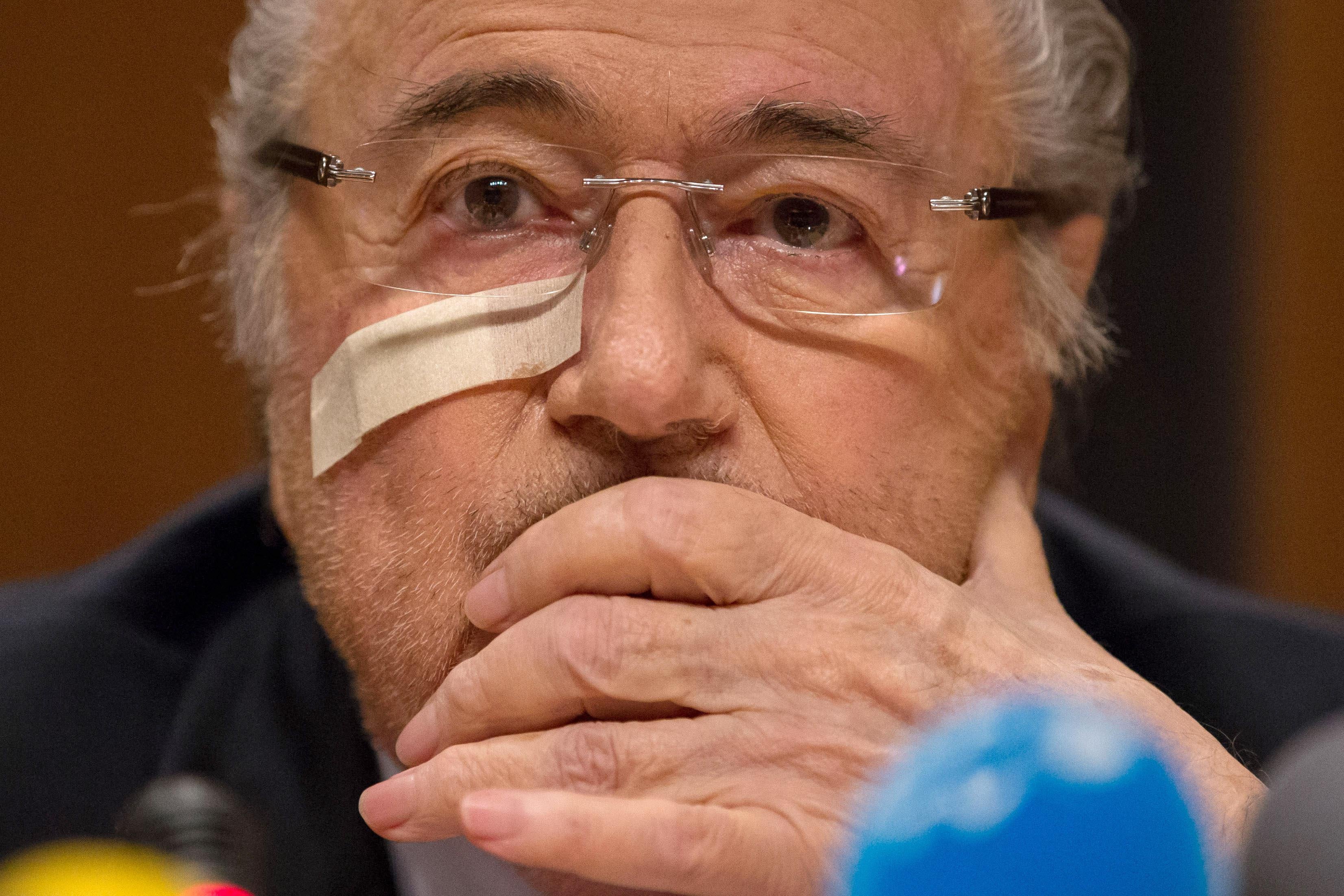FIFA President Sepp Blatter and Michael Platini, head of the European soccer association UEFA, have both been suspended for eight years from all soccer-related activities following an ethics investigation. Both men are fighting the decision, but if upheld, it would likely mark the end of the 79-year-old Blatter’s controversial 40-year career at the highest levels of the world’s most popular sport.
Given the scale of Blatter’s alleged crimes, which run from systemic bribery to the abetting of massive human rights abuses, the deed for which he was finally suspended feels a bit pedestrian: Blatter made a $2 million payment to Platini in 2011 that wasn’t authorized under Platini’s contract. The men claim they had an oral agreement, which is authorized by Swiss law, but didn’t convince the ethics committee. Platini, a star of France’s 1980s World Cup teams, had been a close ally of Blatter’s before the two fell out, and had once been discussed as a possible successor.
Like many a corrupt dictator before him, Blatter blamed a U.S. conspiracy for his downfall, saying in Spanish in a press conference following the suspension, “If we had awarded the World Cup in 2022 to the USA, we would not be here.” When asked if that was fair given that the ethics committee was comprised mostly of Europeans with no clear links to the U.S., he suggested that there was a force within FIFA that wanted to take him down and didn’t want Platini as the next president.
Blatter is grasping, but he has a point that none of this would have come to pass if not for the U.S. In May, on the eve of FIFA’s leadership congress in Switzerland, the U.S. charged 14 FIFA officials with corruption related to the awarding of the 2018 and 2022 World Cups. Even so, Blatter was reelected a few days later. In June, Blatter said he would step down once a successor was selected, but was reportedly reconsidering that decision before today’s suspension. A new presidential election is due to be held on Feb. 26 among five candidates, including Ali Bin al-Hussein, the Jordanian prince who was the runner up in the last vote. In the meantime, the U.S. continues to file new charges against senior FIFA officials and Swiss authorities are freezing bank accounts linked to the organization.
With Russian President and 2018 World Cup host Vladimir Putin repeating his argument last week that Blatter is a great leader who should be considered for the Nobel Peace Prize, it’s hard not to read geopolitical significance into these events. Like Bashar al-Assad or Viktor Yanukovych, Putin views Blatter as a Russian-backed leader that the U.S. wanted gone. Given how ugly the beautiful game has gotten under Blatter’s tenure, this may be one rare case where most of the world will welcome U.S. arm-twisting.
